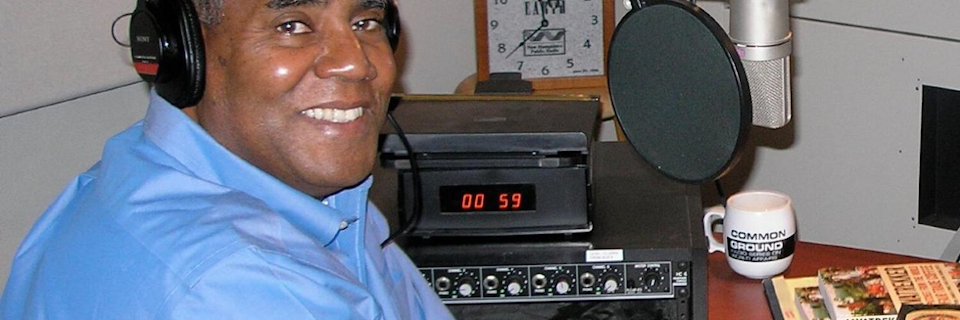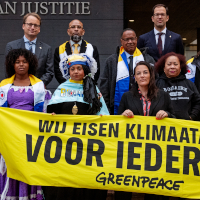
Bonaire Residents Fight for Climate Justice
The Dutch special municipality of Bonaire in the Caribbean is already experiencing dangerous heat and could see a fifth of its land disappear under rising seas by 2100. But the Netherlands is discriminating against these overseas citizens by failing to adequately reduce global warming emissions and develop adaptation plans to help them cope, according to a January 2026 Dutch court decision.
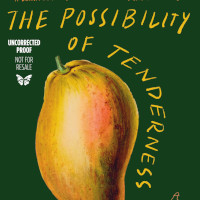
The Possibility of Tenderness
Poet and author Jason Allen-Paisant left his native Jamaica to gain a graduate school education and prize-winning poetry career in England and France. He now looks back with wonder at the green of Jamaica where generations of his ancestors fed and healed his family. He shares this history in his book The Possibility of Tenderness: A Jamaican Memoir of Plants and Dreams.
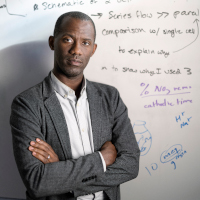
Wastewater to Wealth
Urine is packed with nutrients such as phosphorus and nitrogen, which can be pollutants when they enter the environment unchecked. But these can also be turned into vital fertilizer to nourish our crops, and 2025 MacArthur Fellow William Tarpeh, an Assistant Professor of Chemical Engineering at Stanford University, is developing methods for “refining” wastewater.
This Week’s Show
February 27, 2026
listen / download

Bonaire Residents Fight for Climate Justice
listen / download
The Dutch special municipality of Bonaire in the Caribbean is already experiencing dangerous heat and could see a fifth of its land disappear under rising seas by 2100. But the Netherlands is discriminating against these overseas citizens by failing to adequately reduce global warming emissions and develop adaptation plans to help them cope, according to a January 2026 Dutch court decision.

The Possibility of Tenderness
listen / download
Poet and author Jason Allen-Paisant left his native Jamaica to gain a graduate school education and prize-winning poetry career in England and France. He now looks back with wonder at the green of Jamaica where generations of his ancestors fed and healed his family. He shares this history in his book The Possibility of Tenderness: A Jamaican Memoir of Plants and Dreams.
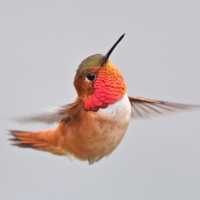
Thirsty Hummingbirds
listen / download
Hummingbirds are migrating north after a hot, dry winter in sunny Mexico, Central America or the Caribbean. And they’re ready for a drink. BirdNote®’s Mary McCann describes how you can help these thirsty birds by hanging a hummingbird feeder filled with the right kind of nectar.
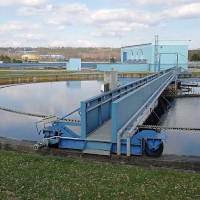
Note on Emerging Science: Detecting Antibiotics in Wastewater
listen / download
Wastewater treatment often fails to capture antibiotics, which can lead to antibiotic resistance and even “super microbes” when they end up in our waterways. Living on Earth’s Hedy Yang reports in this Note on Emerging Science that scientists in Brazil have found a novel way to improve antibiotic detection in wastewater, by using sewage sludge itself to create a coating for sensors.

Wastewater to Wealth
listen / download
Urine is packed with nutrients such as phosphorus and nitrogen, which can be pollutants when they enter the environment unchecked. But these can also be turned into vital fertilizer to nourish our crops, and 2025 MacArthur Fellow William Tarpeh, an Assistant Professor of Chemical Engineering at Stanford University, is developing methods for “refining” wastewater.
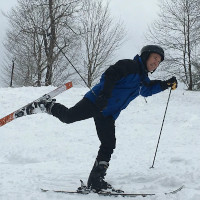
Dancing Down the Slopes
listen / download
Ski ballet -- kind of a mashup between ballet, figure skating and skiing -- got a little glory as a demonstration sport in the 1988 and 92 Olympic Games but never became a medal event, and some said it was just a fad. But a few winters ago, ski ballet was being kept alive on Pennsylvania slopes by a very enthusiastic, early-adopter. Andy Kubis produced this story for the Allegheny Front back in 2018.
Special Features
Field Note: "After the Storm"
Living on Earth's Explorer-in-Residence, Mark Seth Lender, ruminates on the storm as it meets the shore.
Blog Series: Mark Seth Lender Field Notes
Field Note: "Countermeasures"
Living on Earth's Explorer-in-Residence, Mark Seth Lender, shares observations about shorebirds in flight.
Blog Series: Mark Seth Lender Field Notes
...Ultimately, if we are going prevent large parts of this Earth from becoming not only inhospitable but uninhabitable in our lifetimes, we are going to have to keep some fossil fuels in the ground rather than burn them...
-- President Barack Obama, November 6, 2015 on why he declined to approve the Keystone XL Pipeline.
Donate to Living on Earth!
Living on Earth is an independent media program and relies entirely on contributions from listeners and institutions supporting public service. Please donate now to preserve an independent environmental voice.
NewsletterLiving on Earth offers a weekly delivery of the show's rundown to your mailbox. Sign up for our newsletter today!
 Sailors For The Sea: Be the change you want to sea.
Sailors For The Sea: Be the change you want to sea.
 The Grantham Foundation for the Protection of the Environment: Committed to protecting and improving the health of the global environment.
The Grantham Foundation for the Protection of the Environment: Committed to protecting and improving the health of the global environment.
 Contribute to Living on Earth and receive, as our gift to you, an archival print of one of Mark Seth Lender's extraordinary wildlife photographs. Follow the link to see Mark's current collection of photographs.
Contribute to Living on Earth and receive, as our gift to you, an archival print of one of Mark Seth Lender's extraordinary wildlife photographs. Follow the link to see Mark's current collection of photographs.
 Buy a signed copy of Mark Seth Lender's book Smeagull the Seagull & support Living on Earth
Buy a signed copy of Mark Seth Lender's book Smeagull the Seagull & support Living on Earth

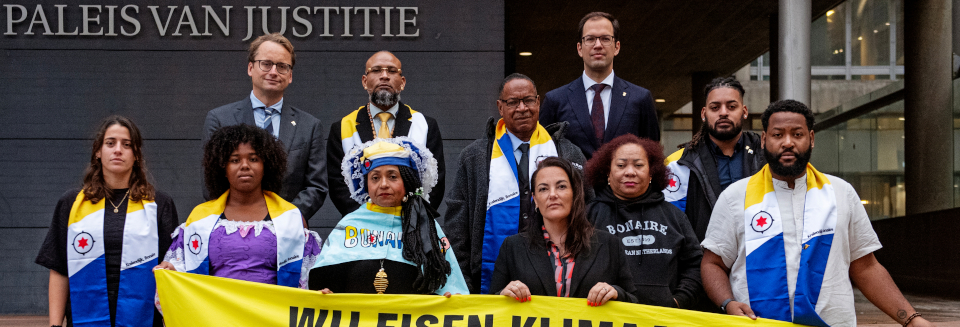
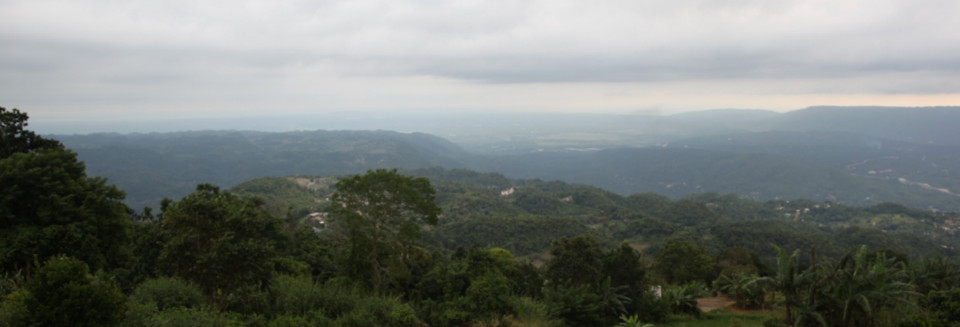
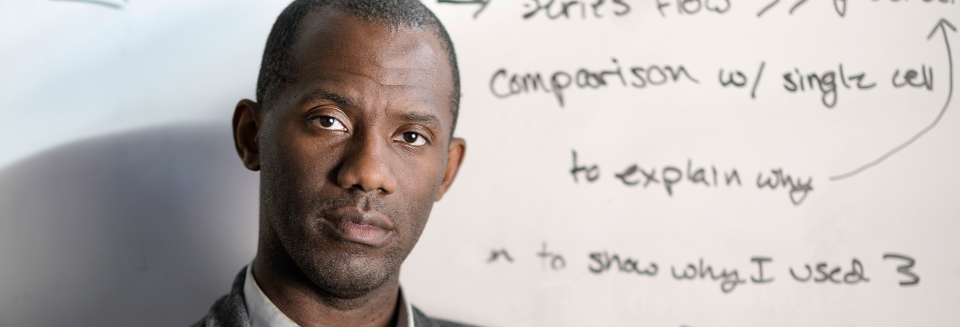
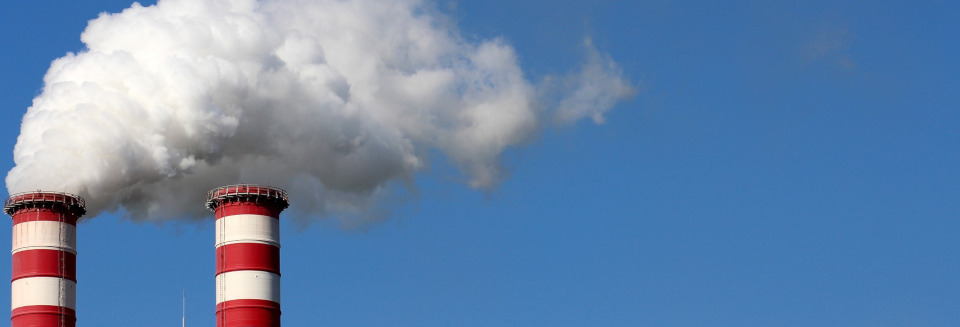
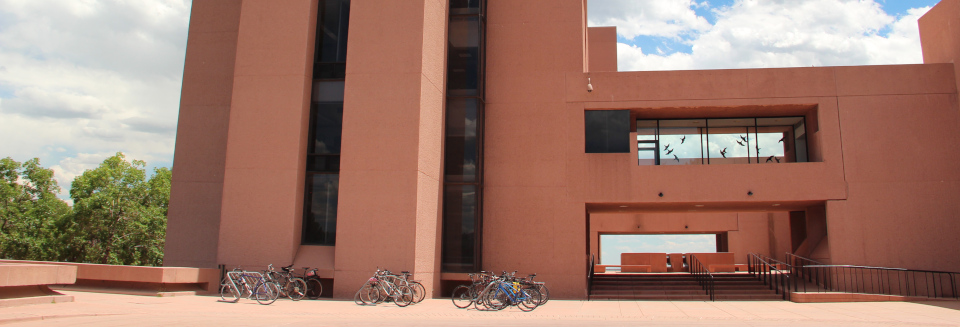
.png)
